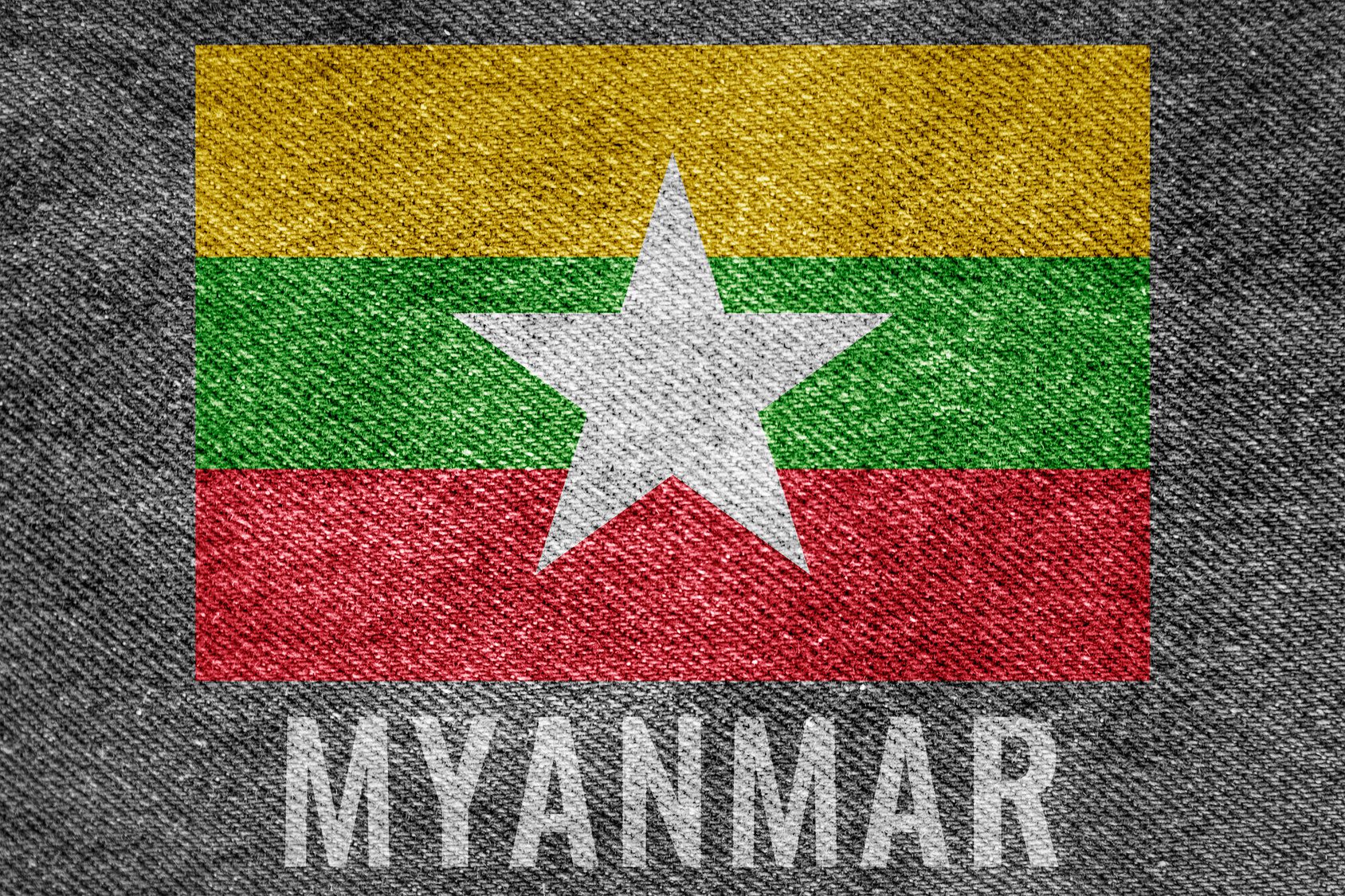346views
In mid-2012, we published a report on Myanmar, looking into its potential as a new emerging market with considerable investment and trade opportunities for foreign investors (see: Myanmar – The Next Big Emerging Market Story?). Almost a year later, we are returning to Myanmar, to check and evaluate whether the political, social, and economic changes envisioned and proposed by the quasi-civilian government have really translated into actions to push the country forward on the path to becoming the next big emerging market story.
Being plagued by uninspiring and inefficient governance for more than six decades, Myanmar for long has been proclaimed as Asia’s black sheep. The Chinese named it ‘the beggar with a golden bowl’, asking for aid despite its rich natural and human resources. However, having embarked on a momentous yet challenging political revolution, the nation is said to be on its way to open a new chapter in the Asian development story.
Contrary to what was believed to be just hollow promises and sham, the reforms initiated by the Thein Sein government have gathered much steam in quite a few cases. Bold moves over the last year have also immensely helped the country in gaining goodwill internationally. We are looking at some of the game-changing reforms enacted over the past present year in Myanmar.
Media Censorship
In August 2012, the government put in actions their proposed end to media censorship. As per the new system, journalists are no more required to submit their reports to state censors prior to publication. To further strengthen the power of media, in April 2013, the government abolished the ban on privately run daily newspapers – ban remaining in force for over 50 years.
Foreign Investment Law
In January 2013, the Thein Sein government passed a foreign investment law that was initially drafted in March 2012. The law allows foreign companies to own up to 80% of ventures across several industries (apart from activities mentioned on the restricted list –including small and medium size mining projects, importing disposed products from other countries for use in manufacturing, and printing and broadcasting activities). This acts as an important milestone in opening up the Burmese economy to heaps of foreign investment.
Opening Up Of Telecom Sector
Myanmar, one of the least connected countries in the world, has embarked on the deregulation of its much neglected telecom sector by initiating the sale of 350,000 SIM cards on a public lottery basis. It plans to offer additional batches on a monthly basis. As a more tangible effort to revolutionize the sector, the government is auctioning two new 15-year telecom network licenses to international companies. These companies are to be announced in June 2013 from a list 12 pre-qualified applicants, namely, Axiata Group, Bharti Airtel, China Mobile along with Vodafone, Digicel Group, France Telecom/Orange, Japan’s KDDI Corp along with Sumitomo Group, Millicom International Cellular, MTN Dubai, Qatar Telecom, Singtel, Telnor, and Viettel. Despite the current 9% mobile penetration claimed by the government, an ambitious goal has been set to reach 80% penetration by 2015.
The World Responding To Myanmar’s Progress
As Myanmar works towards attaining political stability, introducing economic reforms and easing social tensions, the world is also opening up its arms to increasingly embrace the otherwise banished land. In April 2013, the EU permanently lifted all economic sanctions against Myanmar, while maintaining the arms embargo for one more year. The USA, on the other hand, has not permanently removed the sanctions, but has had them suspended since May 2012. This allows US companies to invest in Myanmar through the route of obtaining licenses. The definite abolishment of these sanctions by the EU puts pressure on the USA to act soon and lift them as well, to avert the risk lagging behind in the race to tap this resource-rich market. The USA has already begun working on a framework agreement to boost trade and investment in Myanmar. Japan has also been improving its relations with Myanmar to gain a foothold in this market.
With the EU, the USA and Japan encouraging investments in Myanmar, several international companies have directed investments to this previously neglected country.
-
In August 2012, a Japanese consortium of Mitsubishi Corporation, Marubeni Corporation and Sumitomo Corporation contracted with the Burmese government to jointly develop a 2,400 hectare special economic zone in Thilawa, a region south of Yangon. The Myanmar government will hold a 51% stake, while the Japanese consortium will own the remaining share in the industrial park, which will also include large gas-fired power plant. In the first phase of the project development, the companies plan to invest US$500 million by 2015 to build the necessary infrastructure on the 500 hectares area in order to start luring Japanese and global manufacturers.
-
In August 2012, Kerry Logistics, a Hong-Kong based Asian leader in logistics, opened an office in Myanmar. Recognizing the immense potential in the freight forwarding and logistics sector (underpinned primarily by growing international trade), European freight forwarders, Kuehne + Nagel, also began operations in this country in April 2013.
-
To cash upon a booming tourism market, in February 2013, Hilton Hotels & Resorts initiated the development of the first internationally branded hotel in Yangon, which is expected to open in early 2014. The hotel will be a partnership between Hilton Worldwide and LP Holding Centrepoint Development, the Thai company that owns the 25-storey mixed-use tower, called Centrepoint Towers, which will house the hotel. Hilton has signed a management agreement with LP Holdings to operate the 300-room property.
-
In February 2013, Carlsberg, the world’s fourth-biggest brewer, announced its plans to re-enter Myanmar, after it left the country in mid 1990’s owing to international sanctions.
-
Fuji Xerox, a joint American-Japanese venture, set up its office in Myanmar in April 2013. The company, which is the first player in the office equipment industry to start direct operations in Yangon, looks to revive its internationally declining business through this venture.
-
In April 2013, JWT, an international advertising firm, entered into an affiliation agreement with Myanmar’s Mango Marketing, in anticipation of opportunities in this country, given an increasing interest in Myanmar expressed by a number of international players who are likely to seek advertising and marketing services.
Civil Unrest Still Stands As a Major Concern
While Myanmar has made great strides in reforms over the past year, the ongoing unrest between Myanmar’s majority Buddhists and minority communities (primarily Muslims), and the lack of a concerted effort by the government to address it, poses a major threat for the nation to descend into ethnic-religious war. In October 2012, the Rakhine riots between the Buddhists and Muslims claimed 110 lives and left 120,000 displaced to government setup refugee camps around Thechaung village. A similar case followed in April 2013 in Meiktila, where the death roll of Muslims reached 30. Strong international condemnation for the growing racial and religious violence in the region has caused concerns of losing international support gathered over the past few years. Moreover, the use of military force to suppress the Meiktila riots raises fear about the army once again seizing power in the name of restoring order to the nation.
Myanmar’s attempts to transition into a democracy from a highly repressive state have yielded positive outcomes over the past year. While Myanmar seems to be on the right trajectory for future growth and stability, the government must address internal conflicts immediately before the nation stands at risk of tumbling back into chaos, with possible outcomes similar to those seen in Yugoslavia. Therefore, it is safe to say that although political and economic developments are increasingly seeing the daylight, underpinned by the government’s pro-development course, the recent spate of religious, ethnic and communal violence as well as the magnitude of reforms still to be introduced, might still question the nation’s ability to attract and sustain foreign investments and economic development in the long run.


















